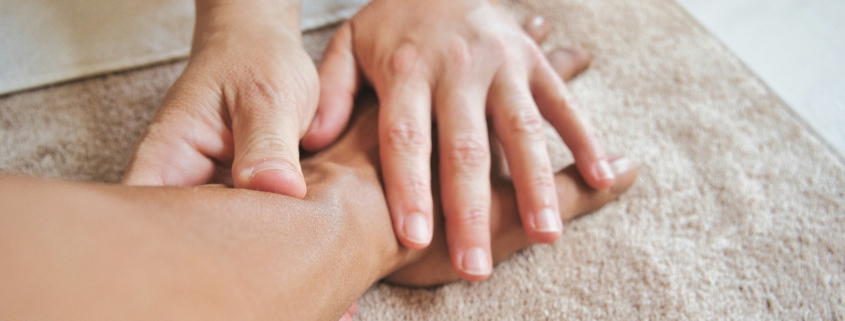Relax Like Royalty: The Best VIP Massage Services in Gangnam
Gangnam is home to some of the most exclusive massage 피쉬안마 services, offering a level of relaxation that feels fit for royalty. With private suites, customized treatments, and world-class therapists, these experiences go beyond the ordinary, catering to high-profile clients who expect nothing but the best. Whether you’re looking to unwind after a long day, relieve stress, or simply indulge in pure luxury, Gangnam’s VIP massage services provide an experience unlike any other.
The Art of Personalized Relaxation
Stepping into one of Gangnam’s elite massage lounges is like entering a sanctuary designed to melt away stress. The atmosphere is carefully curated to provide maximum comfort, from soothing lighting and aromatic scents to soft music that enhances relaxation. These spaces are designed to create an environment where every guest can leave their worries behind and focus on complete rejuvenation.
Therapists take the time to understand each client’s preferences, ensuring that massages are adjusted to individual needs. Whether it’s a deep tissue massage to relieve muscle tension, a gentle aromatherapy session, or a combination of techniques, every detail is designed to provide the ultimate comfort.
Exclusive Treatments with a Touch of Luxury
The treatments available in Gangnam’s high-end massage lounges go beyond standard options. Many offer services that blend Eastern and Western techniques, providing a balanced approach to relaxation and healing. Hot stone therapy, acupressure, lymphatic drainage, and herbal compress treatments are just a few of the options available.
Special oils and lotions are often infused with rare ingredients, such as ginseng, gold flakes, and essential oils sourced from around the world. Some places even provide signature treatments developed by experienced therapists, ensuring that guests receive care that cannot be found anywhere else.
For those looking for a full-body refresh, hydrotherapy pools, infrared saunas, and steam rooms are also available, adding another layer of indulgence to the experience.
Privacy and Comfort at the Highest Level
Many VIP massage services in Gangnam cater to celebrities, business executives, and individuals who value discretion. Private entrances, soundproofed rooms, and personalized service make it easy for guests to enjoy their treatments without distractions. Some locations even offer in-room massages for those who prefer to relax in the comfort of a hotel or private residence.
The professionalism of the staff ensures that every guest feels completely at ease. From warm greetings upon arrival to the attention given to every preference, the level of service provided sets these establishments apart from regular spas.
The Perfect Escape from Everyday Stress
Whether visiting for business, pleasure, or a well-deserved retreat, a VIP massage in Gangnam offers an experience that leaves guests feeling completely refreshed. The attention to detail, skilled therapists, and luxurious settings create a peaceful environment that allows for true relaxation.
For those who appreciate the finer things in life, these massage services provide a perfect balance of comfort, care, and exclusivity. A session here is more than just a treatment—it’s an opportunity to reset, recharge, and feel completely renewed.



